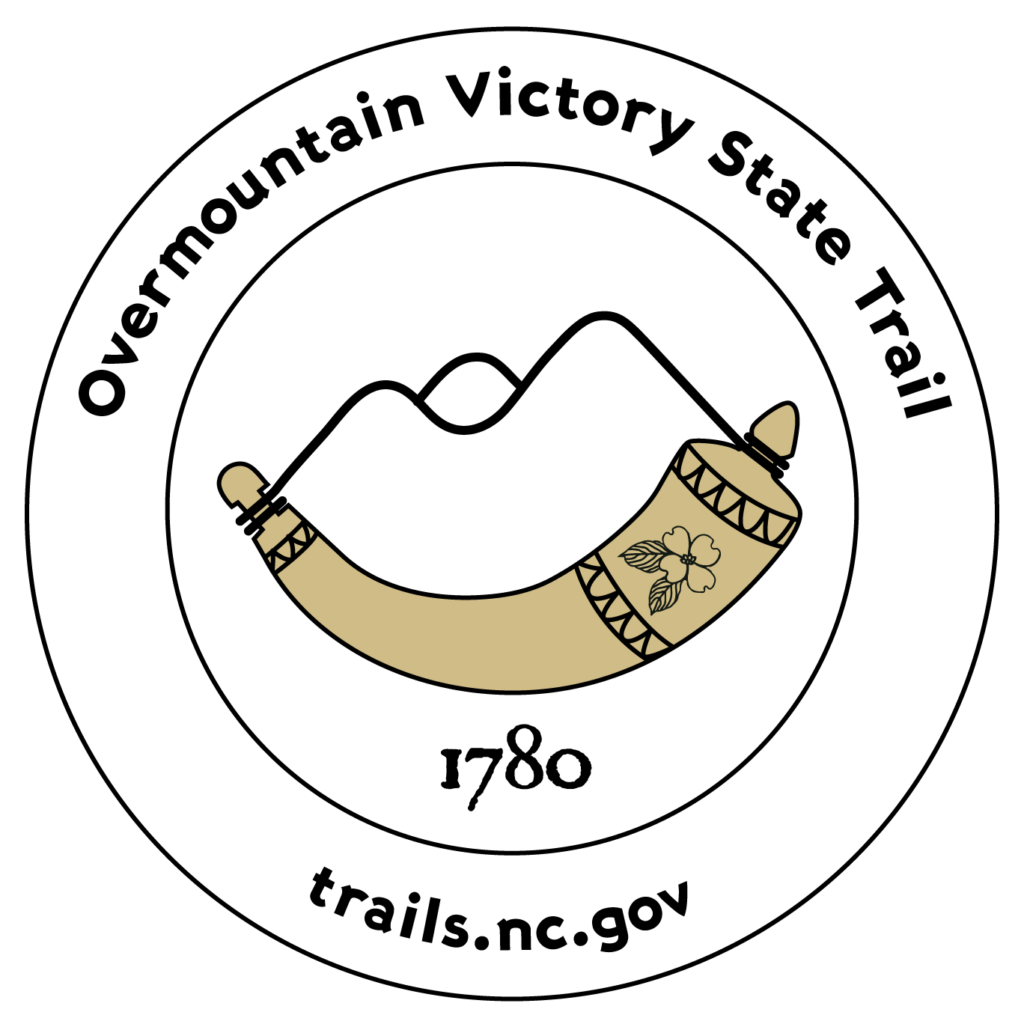 The Caldwell Heritage Museum opened in 1991 and is dedicated to preserving and presenting the history of Caldwell County, North Carolina,
The Caldwell Heritage Museum opened in 1991 and is dedicated to preserving and presenting the history of Caldwell County, North Carolina,
primarily through about two dozen permanent exhibits and rotating special exhibits.
The museum’s space is being utilized for a chronological history of Caldwell County from pre-colonial days until the present, in a series of exhibits. Among the articles are Native American spears and arrow points, early maps, grants, and deeds. There is also information and pictures about the formation of Caldwell County, as well as the establishment of the town of Lenoir as the county seat and its development into a railroad terminus and furniture manufacturing center. The museum also has several special interest collections: medical, music, military, and cameras. Several special collections of loaned items are featured for short periods of time each year.
The purpose of the Caldwell Heritage Museum is to preserve the history of Caldwell County for future generations. The Museum is supported by private donations and is governed by a Board of Directors who are incorporated as the Caldwell Heritage Museum, Inc. Members of the board are elected by the Caldwell County Historical Society.
112 Vaiden St. SW Lenoir, NC 28645 Get Directions Phone (alt): (828) 758-4004 Web: http://caldwellmuseum.org/ Email: [email protected]
Fort Defiance
 Fort Defiance, near Lenoir, is a historic home built by a Revolutionary War hero in 1792 that has been restored to its 18th and 19th century splendor.
Fort Defiance, near Lenoir, is a historic home built by a Revolutionary War hero in 1792 that has been restored to its 18th and 19th century splendor.
The house features over 300 pieces of original furnishings and historic artifacts. The five-acre property includes fine beech and hybrid chestnut trees, a 200-year old boxwood garden, and a family cemetery. Visitors can take guided tours and have a picnic on the grounds.
Home to a Revolutionary War Hero
Fort Defiance was the home of General William Lenoir, a major general in the North Carolina militia, who gained fame through his written account of the Battle of Kings Mountain, a pivotal victory for the American colonies during the Revolutionary War. Before the war, General Lenoir built a fort on the banks of the Yadkin River to protect settlers against the attacks of Cherokee Indians. Between 1788 and 1792, he built his home on the same site and named it Fort Defiance, in remembrance of the original fort.
A surveyor by profession, Lenoir later served as a state legislator, president of the Council of State, and president of the first Board of Trustees of the University of North Carolina. The City of Lenoir and Lenoir County are named in his honor.
Several generations of the Lenoir family lived in the house. Fort Defiance was purchased for restoration in 1965.
Hours of Operation
April-October: Thursday – Saturday, 10 am – 5 pm, and Sunday, 1 pm – 5 pm
November-March: Weekends only or by appointment.
Admission Fees
A small admission fee is charged.
Hours of operation and fees are subject to change. Contact directly for most current information.
Fort Defiance
4555 Fort Defiance Drive
Lenoir, NC 28645
(828) 758-1671

